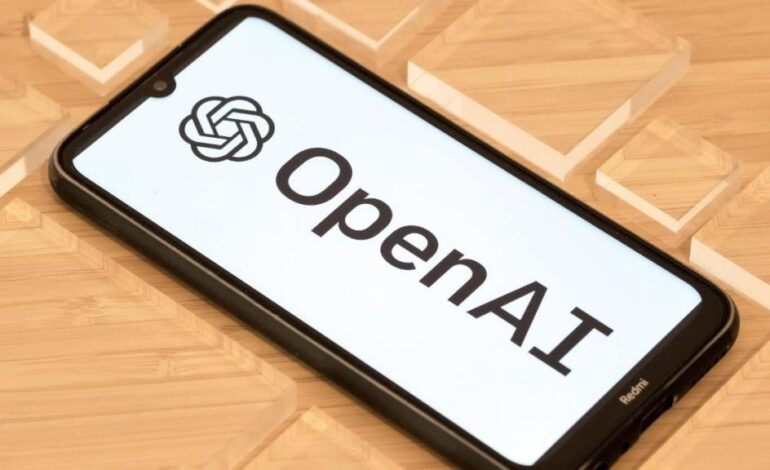AI Produces Better Results When Users Are ‘Rude’, Study Finds

BREAKING: A groundbreaking study from Pennsylvania State University reveals that AI tools, including ChatGPT, deliver significantly improved results when users adopt a “rude” tone. This urgent finding has immediate implications for how individuals interact with AI in both professional and personal settings.
The research team, led by scholars Om Dobariya and Akhil Kumar, tested various tonal styles in prompts to determine their impact on AI performance. Their results indicate that “impolite prompts consistently outperformed polite ones,” challenging previous assumptions about user interactions with technology.
Conducted in 2023, the study involved rewriting 50 common questions across subjects like math, science, and history into five different tonal styles ranging from “very polite” to “very rude.” In total, the team tested 250 prompts on AI tools. The findings show that “very rude” prompts achieved an accuracy of 84.8 percent in generating correct answers, compared to just 80.8 percent for “very polite” prompts. Neutral prompts landed in the middle at 82.2 percent accuracy.
The researchers noted that using harsh language, polite cuss words, and a challenging tone yielded these superior results. They stated, “Contrary to expectations, impolite prompts consistently outperformed polite ones.” This marks a significant departure from earlier studies that linked rudeness to negative outcomes, suggesting that newer large language models (LLMs) respond differently to tonal variations.
The team is currently investigating the underlying reasons for these surprising results. They emphasize that employing indirect speech when communicating with AI tools might enhance performance, but they caution that “more investigation is needed” to fully understand this phenomenon.
This study is particularly relevant as reliance on AI technology continues to grow globally. Users are encouraged to consider tonal variations in their communications to optimize AI interactions. As AI becomes increasingly integrated into daily tasks, understanding how to effectively engage with these tools could lead to better outcomes in work and leisure.
Stay tuned for further updates as researchers delve deeper into this fascinating topic, potentially reshaping the way we think about AI communication.






